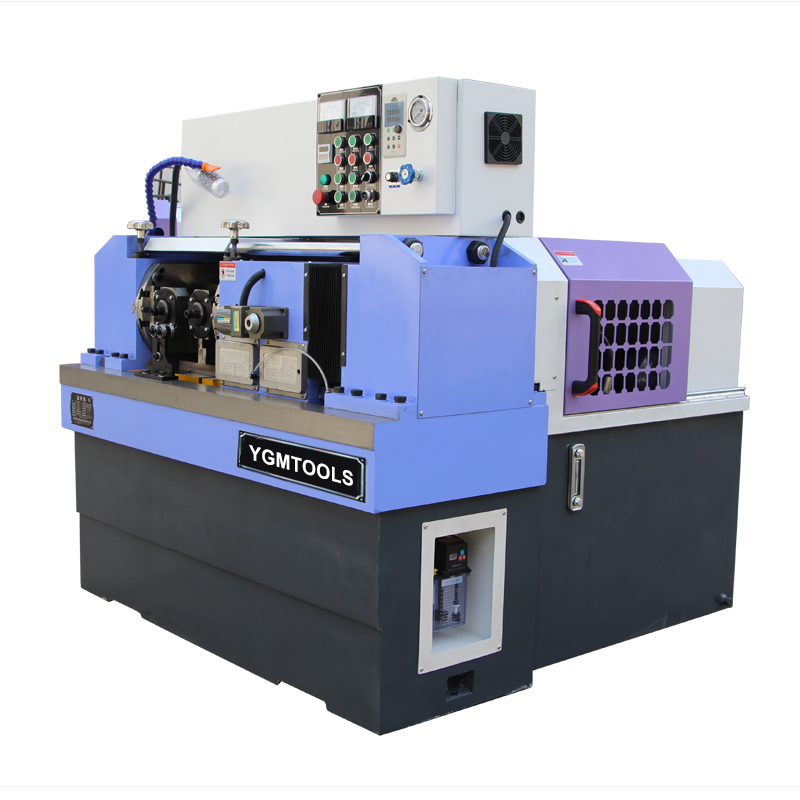
-
 Afrikaans
Afrikaans -
 Albanian
Albanian -
 Amharic
Amharic -
 Arabic
Arabic -
 Armenian
Armenian -
 Azerbaijani
Azerbaijani -
 Basque
Basque -
 Belarusian
Belarusian -
 Bengali
Bengali -
 Bosnian
Bosnian -
 Bulgarian
Bulgarian -
 Catalan
Catalan -
 Cebuano
Cebuano -
 Corsican
Corsican -
 Croatian
Croatian -
 Czech
Czech -
 Danish
Danish -
 Dutch
Dutch -
 English
English -
 Esperanto
Esperanto -
 Estonian
Estonian -
 Finnish
Finnish -
 French
French -
 Frisian
Frisian -
 Galician
Galician -
 Georgian
Georgian -
 German
German -
 Greek
Greek -
 Gujarati
Gujarati -
 Haitian Creole
Haitian Creole -
 hausa
hausa -
 hawaiian
hawaiian -
 Hebrew
Hebrew -
 Hindi
Hindi -
 Miao
Miao -
 Hungarian
Hungarian -
 Icelandic
Icelandic -
 igbo
igbo -
 Indonesian
Indonesian -
 irish
irish -
 Italian
Italian -
 Japanese
Japanese -
 Javanese
Javanese -
 Kannada
Kannada -
 kazakh
kazakh -
 Khmer
Khmer -
 Rwandese
Rwandese -
 Korean
Korean -
 Kurdish
Kurdish -
 Kyrgyz
Kyrgyz -
 Lao
Lao -
 Latin
Latin -
 Latvian
Latvian -
 Lithuanian
Lithuanian -
 Luxembourgish
Luxembourgish -
 Macedonian
Macedonian -
 Malgashi
Malgashi -
 Malay
Malay -
 Malayalam
Malayalam -
 Maltese
Maltese -
 Maori
Maori -
 Marathi
Marathi -
 Mongolian
Mongolian -
 Myanmar
Myanmar -
 Nepali
Nepali -
 Norwegian
Norwegian -
 Norwegian
Norwegian -
 Occitan
Occitan -
 Pashto
Pashto -
 Persian
Persian -
 Polish
Polish -
 Portuguese
Portuguese -
 Punjabi
Punjabi -
 Romanian
Romanian -
 Russian
Russian -
 Samoan
Samoan -
 Scottish Gaelic
Scottish Gaelic -
 Serbian
Serbian -
 Sesotho
Sesotho -
 Shona
Shona -
 Sindhi
Sindhi -
 Sinhala
Sinhala -
 Slovak
Slovak -
 Slovenian
Slovenian -
 Somali
Somali -
 Spanish
Spanish -
 Sundanese
Sundanese -
 Swahili
Swahili -
 Swedish
Swedish -
 Tagalog
Tagalog -
 Tajik
Tajik -
 Tamil
Tamil -
 Tatar
Tatar -
 Telugu
Telugu -
 Thai
Thai -
 Turkish
Turkish -
 Turkmen
Turkmen -
 Ukrainian
Ukrainian -
 Urdu
Urdu -
 Uighur
Uighur -
 Uzbek
Uzbek -
 Vietnamese
Vietnamese -
 Welsh
Welsh -
 Bantu
Bantu -
 Yiddish
Yiddish -
 Yoruba
Yoruba -
 Zulu
Zulu
Price List for Steel Bar Thread Rolling Machines and Related Equipment
Understanding the Price List for Steel Bar Thread Rolling Machines
The manufacturing industry constantly seeks efficiency, precision, and cost-effectiveness in producing components. Among the essential machines that aid in this quest is the steel bar thread rolling machine, a crucial tool for creating threaded bars used across various applications, from construction to mechanical engineering. As the demand for these machines grows, potential buyers must understand the price ranges and factors influencing the cost of these machines.
What is a Steel Bar Thread Rolling Machine?
A steel bar thread rolling machine is designed to create threads on steel bars through a cold forming process. Unlike traditional cutting methods, thread rolling reshapes the steel without removing material, enhancing the strength and durability of the threads. This process is particularly valued in industries requiring high-strength components, such as automotive and aerospace manufacturing.
Price Ranges
The price of steel bar thread rolling machines varies significantly based on several factors. On average, prices can range from a few thousand dollars to tens of thousands. Entry-level machines, suitable for smaller operations or those just starting, typically fall between $5,000 to $15,000. These machines may have limited features but are ideal for basic threading operations.
Mid-range machines, equipped with more advanced features and capable of handling larger volumes, generally cost between $15,000 to $30,000. These machines offer enhanced productivity and efficiency, making them a solid investment for growing businesses.
High-end industrial machines, which come with extensive customization options, automated features, and higher throughput capacities, can exceed $30,000. These machines are designed for high-volume production environments that demand precision and durability.
Factors Influencing Prices
steel bar thread rolling machine pricelist

When evaluating the cost of steel bar thread rolling machines, several factors come into play
1. Machine Specifications The capacity, speed, and technology used in the machine significantly affect its price. Machines with higher tonnage ratings can handle thicker bars and produce finer threads, thus commanding higher prices.
2. Brand Reputation Established brands with a track record of quality and reliability usually charge more for their machines. However, investing in reputable brands can lead to better after-sales support and longevity of the equipment.
3. Technology Machines incorporating advanced technology such as CNC (Computer Numerical Control) features, which allow for precise control over the threading process, will generally be more expensive than manual or semi-automatic machines.
4. Customization Some manufacturers offer customization options to meet specific production needs. Customized machines can lead to higher prices due to the additional engineering and manufacturing processes involved.
5. Market Demand The economic landscape and demand for steel components can impact prices. During high-demand periods, prices may rise due to increased competition for machinery.
Conclusion
Investing in a steel bar thread rolling machine is a significant decision for any manufacturing operation. Understanding the price ranges and the factors that affect costs can help buyers make informed choices. Whether a small shop is looking for an entry-level machine or a large industrial manufacturer is aiming for high-capacity equipment, there is a steel bar thread rolling machine to suit various requirements.
In conclusion, potential buyers should thoroughly assess their production needs, budget, and the specific features they require in a machine. By doing so, they can find the right thread rolling machine that not only fits their operational goals but also maximizes their investment in the long term.
